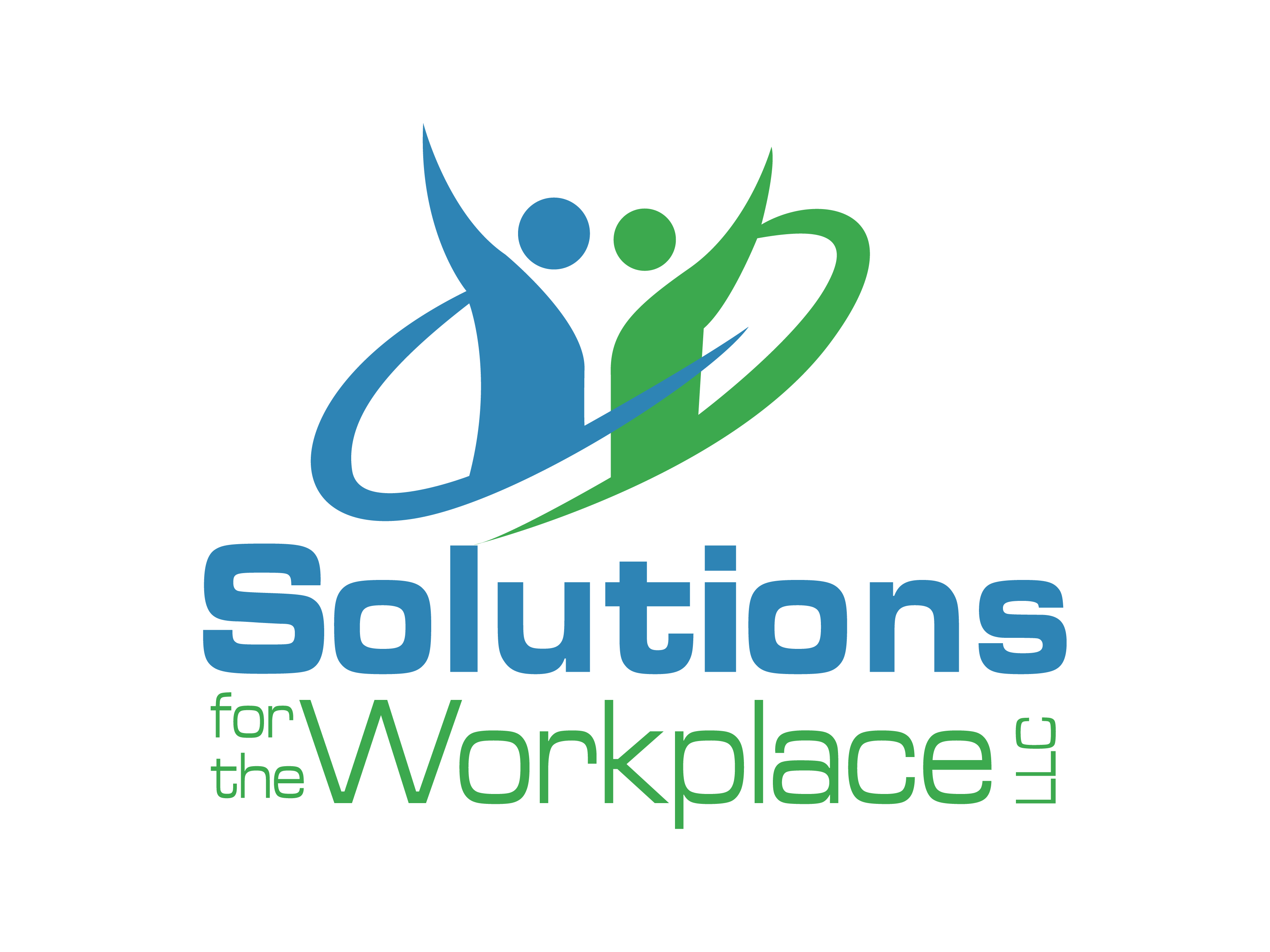Wondering if you can get away with just updating your resume rather than starting over? There are pros and cons to both approaches, of course. Here are 7 things to consider when making a decision to update or do-over:
- The age of your current resume. If your resume is more than 5-7 years old, you should probably start over. Resume trends change and your recent experience is likely to be of more interest to hiring managers than your older experience. And if you’re applying for a private sector position, you need to ensure that you use modern, Applicant Tracking Software (ATS)-friendly formatting.
- Are You Making a Career Change? Are you switching industries instead of just looking to change jobs? Your previous resume format might not position you as effectively for a new field as completely revamping your resume. In addition, you may want to change the presentation of the content in the resume itself — for example, a resume for a teaching role may present the same information significantly differently than a resume for a corporate education position.
- It Might Be Time to “Declutter.” It’s common practice for jobseekers to update their resume by simply adding in new roles without considering the “big picture” of the document strategy as a whole. This is especially important for jobseekers with 10-15+ years of experience. Sometimes completely revising the resume provides a better way to organize older experience.
- You are No Longer a Recent Grad. A resume for a new college graduate is significantly different than a resume for someone with 3-5 years of experience in their new field. If your current resume was created as a recent graduate, you’ll want to overhaul it to emphasize experience over education.
- Sometimes you can look at a resume and just know it’s “old.” That could be due to older fonts used (Courier) or outdated ways of presenting information. In addition, the strategy around how specific sections are used (for example: you still have an objective or references on your resume) has changed over time.
- Has the Job Target Changed? Particularly for “early career” professionals, you may be pursuing a different career target than the resume was originally designed for. A resume for an entry-level program analyst role is (or should be!) significantly different than a resume for a senior technical specialist position.
- Technology Changes. For those pursuing private sector roles, ATS technology has improved dramatically. Strategies that were appropriate a few years ago to ensure the ATS software “reads” the resume correctly may be out-of-date now.
While you should update your resume annually at a minimum (don’t forget that September is Update Your Resume Month), you should consider completely overhauling your resume every few years to ensure it aligns with modern resume standards and your current job/industry target.

